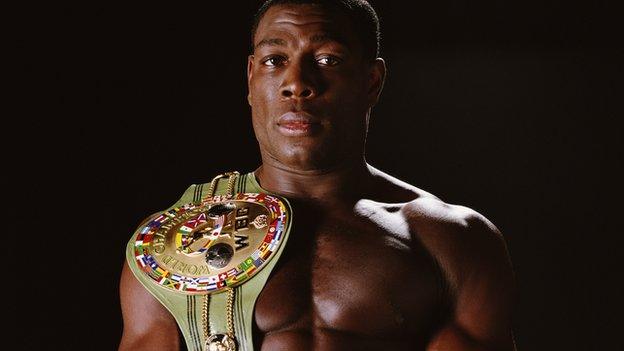Tyson Fury: How do other sports support mental health issues?
- Published
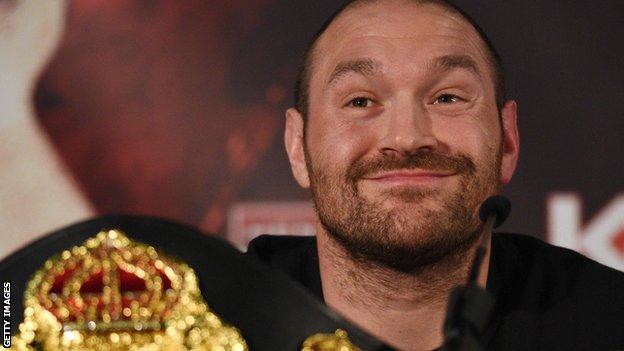
Fury told Rolling Stone magazine he has been a victim of a "witch hunt" ever since he won his world title
World heavyweight champion Tyson Fury is just the latest boxer to suffer mental health issues.
Ricky Hatton, Oscar de la Hoya, external and Frank Bruno, external were all larger-than-life characters in the ring, battling demons away from the lights.
After withdrawing from his title defence against Wladimir Klitschko in September, Fury revealed he had been suffering with depression and had abused alcohol and cocaine since winning his world titles.
Former world featherweight champion Barry McGuigan has called for a foundation to be set up to help boxers away from the ring.
But what are other sports doing for those with mental illness?
Football
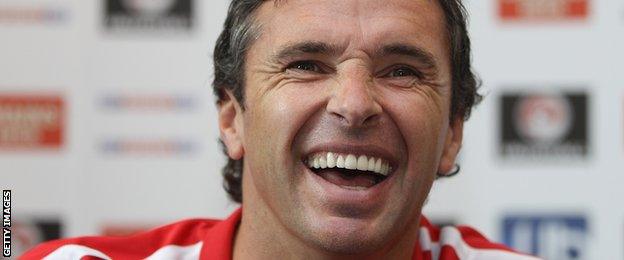
Speed was found hanged at his family home near Chester
After the death of Wales manager Gary Speed in November 2011, the Professional Footballers Association (PFA) sent its members guidelines on depression that included comic-book style storylines of stressful situations they might find themselves in.
The PFA also provides a 24-hour helpline backed up by a network of 70 trained counsellors and, for members who need more help, funds residential treatment at the Sporting Chance clinic founded by former England captain Tony Adams.
Former Charlton, Millwall and Cardiff winger Michael Bennett is the organisation's head of player welfare and is invited into clubs to give talks on the unique pressures of being prominent in the most high-profile of sports.
Rugby
Rugby players tackling mental health issues
There are already several place for rugby union players to turn.
Each Premiership club and London Irish in the Championship has a player development manager who helps them with all aspects of life outside rugby.
There are also courses on personal resilience and a confidential 24-hour helpline where counselling is available around the clock.
Calls to the helpline spiked in the wake of Bath prop Duncan Bell discussing his struggles with mental health in 2012., external
In the coming months, the Rugby Players Association, will launch a campaign called "Lift the Weight", focusing on players' mental wellbeing and sources of support.
It comes after it organised a course in Wales for a group players, including former England captain Tamara Taylor and ex-London Irish lock George Skivington, that featured talks, leadership activities and practical advice to help them prepare for the next stage of their careers.
Rugby league established its own programme - State of Mind - in 2011 following the death of Terry Newton to raise awareness of mental health issues. There are player welfare managers at each Super League club, while the Rugby Football League has a relationship with Sporting Chance.
Cricket
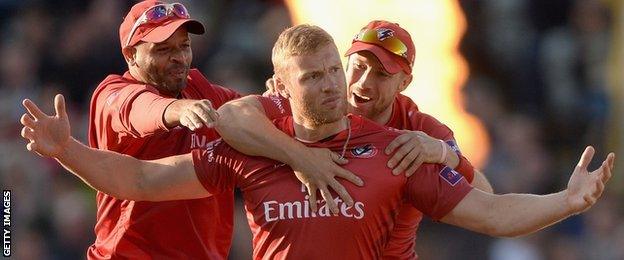
Andrew Flintoff scored 3,845 runs in 79 Tests for England
Cricket has had several high-profile instances of mental health issues with Jonathan Trott, Marcus Trescothick and Michael Yardy all leaving England tours early.
The Professional Cricketers' Association (PCA) has seven mental health ambassadors - Trescothick, Andrew Flintoff, Monty Panesar, Graeme Fowler, Tim Ambrose, Yardy and Iain O'Brien - who help carry out pre-season visits to all 18 first-class counties.
The organisation's Mind Matters campaign includes a video tutorial to help players identify when they or their team-mates are vulnerable to depression or addictive behaviour.
If they do have any concerns, they can report them to a confidential helpline which is open 24 hours a day and has been running for 10 years.
This autumn, the PCA is trying a novel way to continue to improve understanding of mental health issues.
A play telling the story of former England and Northamptonshire batsman Colin Milburn, who died in a pub car park in 1990 at the age of 48 after drifting into alcoholism following his early retirement, will tour all 18 first-class county grounds in November., external
- Published6 October 2016
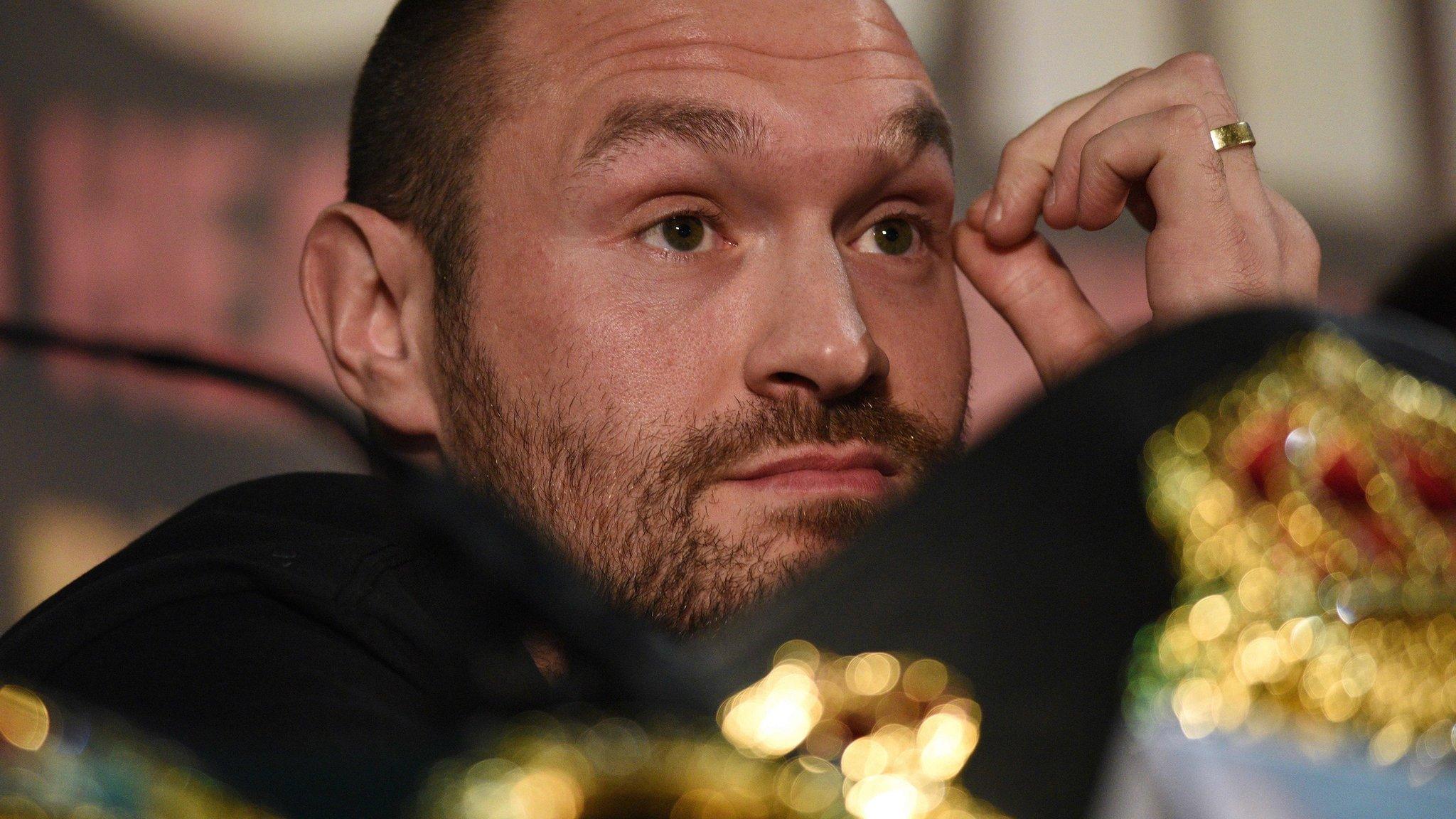
- Published29 November 2014
